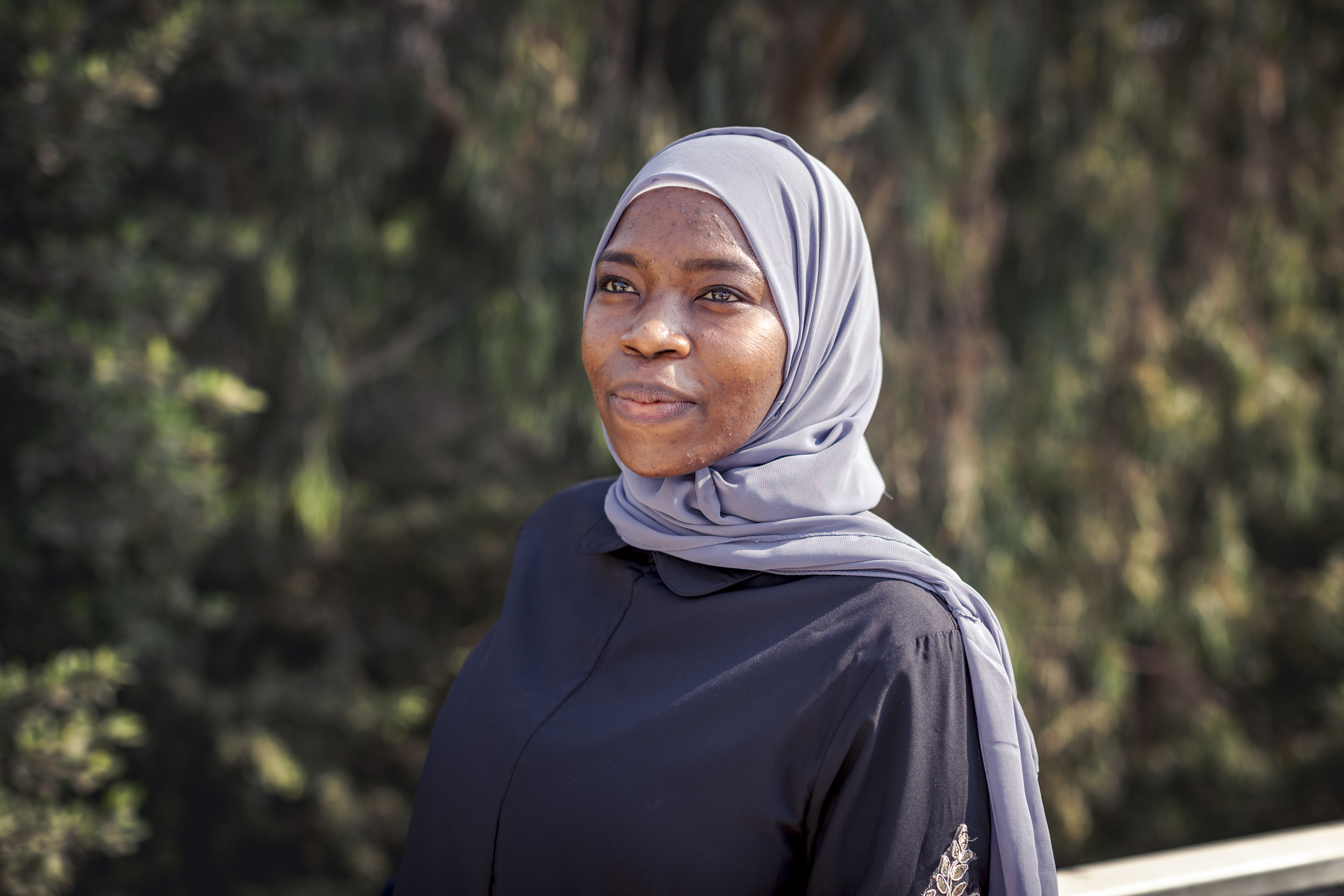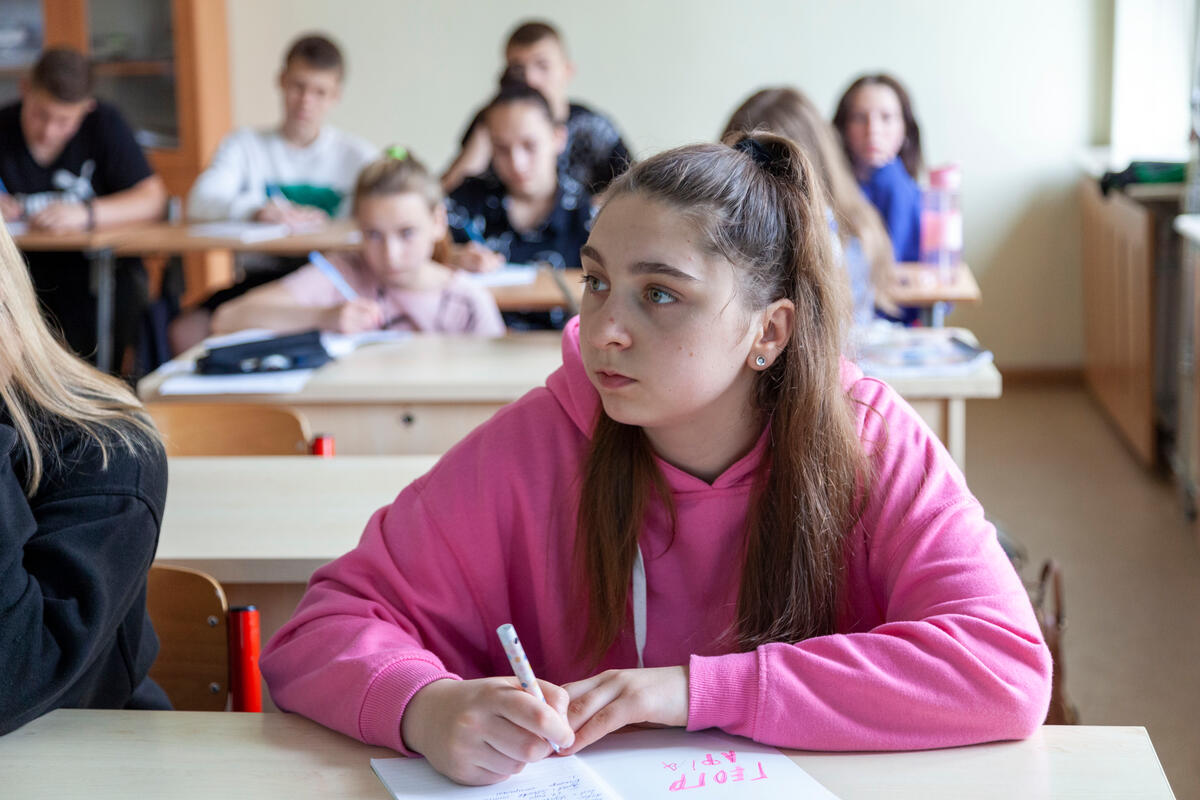South Sudanese teenager dreams of taking to the skies

South Sudanese teenager dreams of taking to the skies
Nyahok Reath was a star pupil at her primary school in South Sudan's Upper Nile State and had her heart set on becoming a pilot. However, secondary education remains out of reach and her life’s ambition is still beyond her grasp.
Before she and her family fled their home in the town of Nasser, Nyahok would watch, enthralled, as United Nations aircraft carrying aid supplies flew in and out of the nearby airport.
“My dream has always been to be a pilot,” she said. “When I was young, I saw a lot planes flying around Nasser. I saw the pilots when they got out of the planes and their fancy uniforms. I want to see every country.”
Now living in Kule refugee camp in Gambella, Ethiopia, the 16-year-old knows that secondary education is the only way of turning her dream into reality. However, there is only limited first-year secondary education available in the region. After that, hardly any adolescent refugees have a classroom to go to. The region is one of the least developed and remote in Ethiopia and more refugees are arriving all the time.
For Nyahok, hope was provided briefly by her uncle, who lives in Kenya and who offered to pay her secondary school fees. With her parents’ support, she left the camp for Nairobi to pursue her studies.
After six months, however, her uncle ran out of money. “It soon became hard for him and he couldn’t pay the school fees anymore,” she says, staring at her feet as she sits on her bed, chatting with her father, Reath Kun.
The South Sudan conflict has created the fastest-growing refugee population in the world. Of more than 1.8 million South Sudanese who have fled, 62 per cent are under 18. There are almost 340,000 South Sudanese refugees in Ethiopia, classified as one of the world's least developed countries and already struggling to educate its own people
“I am very proud of her, for her achievements in school and for her drive.”
The Ethiopian government has said it will improve access to education at all levels, for refugees and its own people, but it faces significant obstacles. Only 9 per cent of secondary-school-age refugee children in Ethiopia have a place in a classroom, well below the rate for refugees globally of 23 per cent and a long way from the 84 per cent figure for their non-refugee peers.
That means that youngsters such as Nyahok run out of opportunities, no matter how much they have committed themselves at primary school.
“I did not have the chance to go to school,” says her father. “I lived in a remote area in Nasser and there were no schools in the area. Nyahok, I want her to go to school. I am very proud of her, for her achievements in school and for her drive.”
Berhanu Geneti, an education officer in Gambella for UNHCR, the UN Refugee Agency, says refugee children and adolescents are “eager to learn and make something of their lives”. However, funding constraints mean a shortage of classrooms, text books and teachers.
Because Nyahok was unable to finish the past school year, she will now start in grade 8. Despite the setback, she still has her eyes on the skies. “It would make me very sad if my dream of becoming a pilot could not come true.”
That would enable her to explore the world and take care of her family. She also wants to blaze a trail for South Sudanese girls like herself. “I want to be an advocate and a role model for them.”
For now, she says, “all I can think of is my education, finishing school. I would leave again if I had to, to get my education”.
Read UNHCR’s latest report on refugee education, Left Behind: Refugee Education in Crisis.









